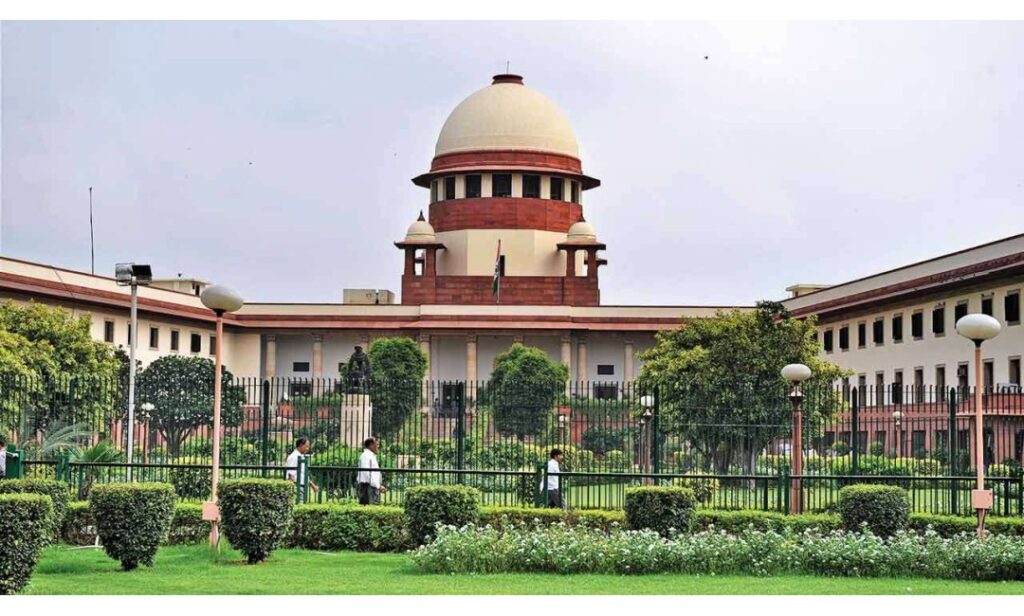Shahin Akhtar
On 16th September 2025, the controversy over Chief Justice of India (CJI) B.R. Gavai’s remarks in the Khajuraho Vishnu Idol matter highlights how easily faith and law can collide in the public sphere. The case began with a petition filed by Rakesh Dalal, who sought the restoration of a seven-foot idol of Lord Vishnu at the Javari temple in Khajuraho, which had been left beheaded for centuries. The Archaeological Survey of India (ASI) had already stated that any attempt to replace the idol would go against conservation rules. The Supreme Court simply upheld this position, leaving little scope for legal relief.
What should have been a straightforward decision, however, turned controversial after CJI Gavai made a passing remark suggesting the petitioner “ask the deity” and “go and pray.” The comment quickly spread on social media, drawing criticism from those who felt it was dismissive of Hindu beliefs. Advocate Vineet Jindal even wrote to the Chief Justice, requesting withdrawal of the remarks, stressing that courts, while free to reject petitions, must avoid language that could hurt religious sentiments.
Sensing the uproar, CJI Gavai clarified in open court that he respects all religions. Solicitor General Tushar Mehta also defended him, pointing out that in today’s climate, even small remarks invite disproportionate online reactions. Yet this episode is not an exception—it reflects a recurring problem.
Indian courts have seen similar situations before. During the Sabarimala hearings, judicial observations on custom and equality became a matter of public debate long after the judgment. In the Karnataka hijab case, one judge’s comments questioning whether classrooms should also allow saffron shawls or crucifixes fueled heated reactions, while the dissenting view focused on personal choice. Even in the past, remarks like calling the Bhagavad Gita a “national dharma shastra” have shown how quickly words can move beyond the courtroom and stir controversy.
Case Name: Rakesh Dalal vs. UOI & Ors.
Case No.: WP(C)/3280/2025
Bench: Justice B.R. Gavai and Justice K. Vinod Chandran
Instagram: Click here
LinkedIn: Click here

